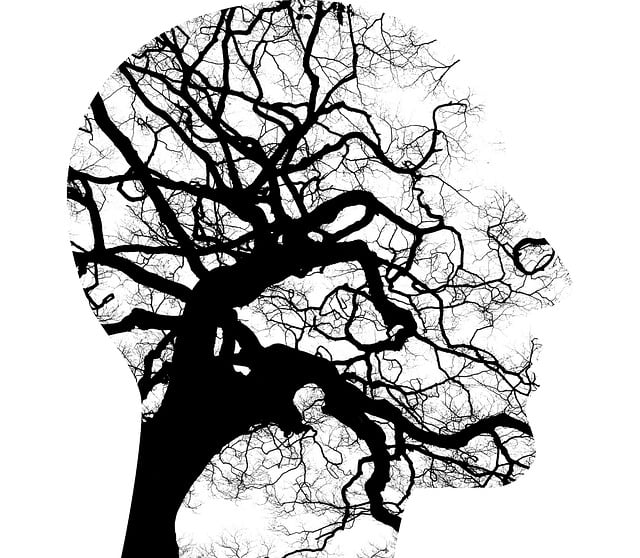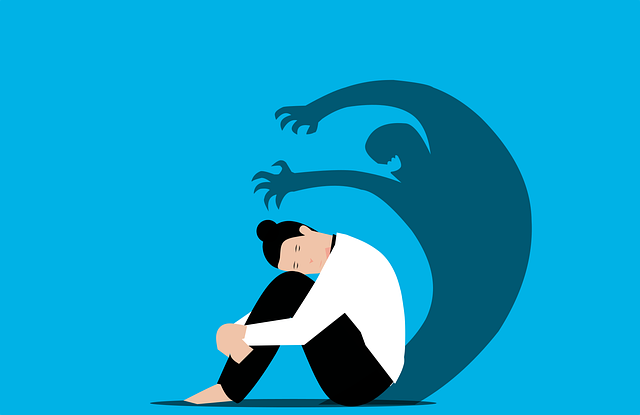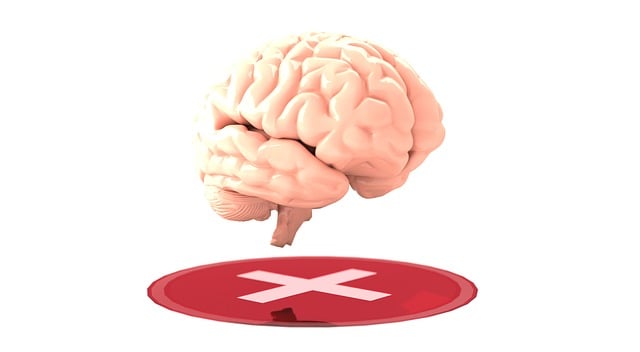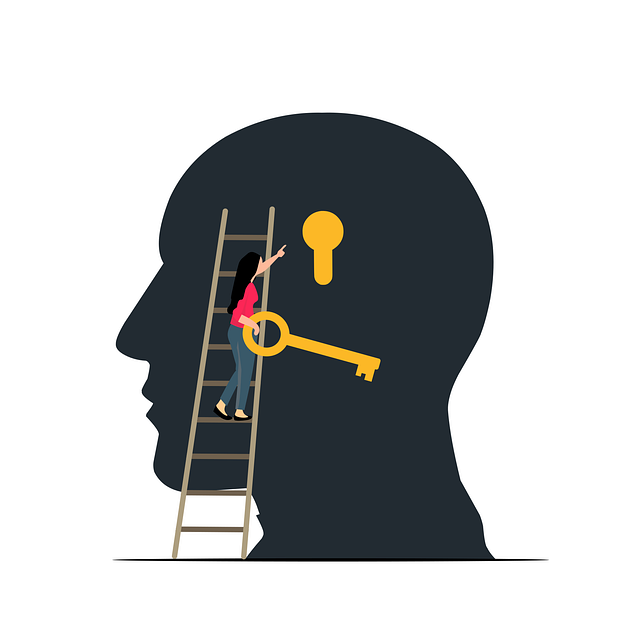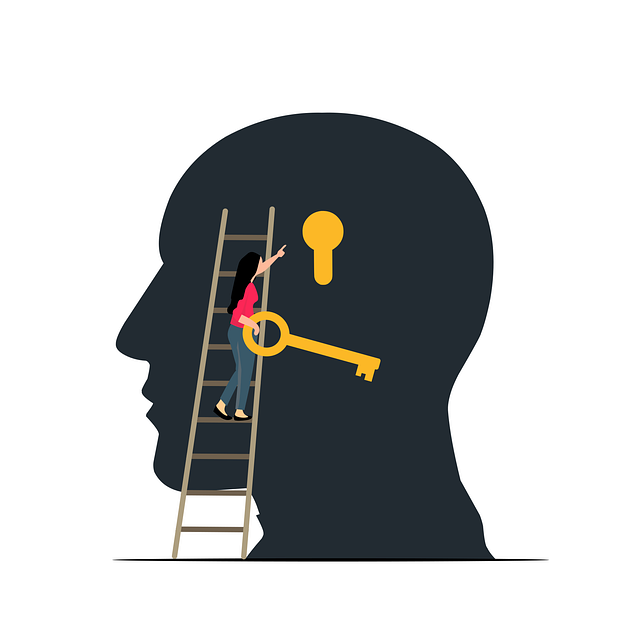Boulder Dissociative Disorder Therapy (BDDT) is a specialized approach to managing chronic stress, combining mindfulness with social skills training. It aims to improve mental well-being by addressing stress origins, cultivating compassion, and boosting resilience through activities that enhance emotional connection. BDDT offers a holistic path to overcoming dissociative disorders and the negative impact of persistent stressors, contributing to overall mental health and reducing stigma around mental illness.
Stress reduction is a vital component of maintaining optimal mental health. In today’s fast-paced world, understanding how stress impacts our minds is more crucial than ever. This article explores comprehensive strategies for managing stress, from foundational insights into its effects to specialized interventions like Boulder Dissociative Disorder Therapy, designed to tackle chronic stressors. By delving into these techniques, you’ll gain powerful tools to enhance your well-being and navigate life’s challenges with resilience.
- Understanding Stress and Its Impact on Mental Health
- Effective Stress Reduction Techniques: A Comprehensive Approach
- Boulder Dissociative Disorder Therapy: A Specialized Intervention for Chronic Stressors
Understanding Stress and Its Impact on Mental Health

Stress is a natural response to demanding or threatening situations, but when it becomes chronic, it can significantly impact our mental health. The mind and body are intricately linked, and prolonged stress can manifest as various symptoms, affecting both physical and emotional well-being. It’s essential to recognize that stress isn’t always negative; acute stress can enhance performance and focus. However, persistent or excessive stress is a concern, leading to conditions like anxiety disorders, depression, and even dissociative disorders, which are characterized by feelings of detachment from reality.
In the context of Boulder Dissociative Disorder Therapy, understanding the root causes of stress and its impact on mental health is pivotal. This therapeutic approach aims to help individuals manage and reduce stress levels through various techniques. Anxiety Relief strategies, such as mindfulness meditation and deep breathing exercises, are often incorporated into therapy to calm the mind and body. Additionally, Compassion Cultivation Practices have gained prominence in Mental Health Policy Analysis and Advocacy as a way to foster empathy and self-kindness, which can be powerful tools for navigating stressful situations and promoting overall mental health.
Effective Stress Reduction Techniques: A Comprehensive Approach

Stress reduction methods are essential for maintaining mental and physical health, especially in today’s fast-paced world. A comprehensive approach involves a combination of techniques that cater to the mind, body, and spirit. One effective method is Dissociative Disorder Therapy, rooted in Boulder, which helps individuals achieve a state of profound relaxation and detachment from stressful thoughts and emotions. This therapy not only aids in stress reduction but also plays a significant role in Mental Illness Stigma Reduction Efforts by promoting understanding and acceptance of various mental health conditions.
Additionally, building resilience is a cornerstone of successful stress management. Confidence-boosting activities and strategies can empower individuals to confront challenging situations with a calmer mindset. By integrating these techniques into daily routines, people can enhance their ability to navigate life’s stressors more effectively. This holistic approach ensures that stress reduction becomes not just a temporary fix but a sustainable practice for improved overall well-being.
Boulder Dissociative Disorder Therapy: A Specialized Intervention for Chronic Stressors

Boulder Dissociative Disorder Therapy (BDDT) is a specialized intervention designed for individuals experiencing chronic stress and trauma. This unique approach leverages the power of mindfulness and self-awareness exercises to help clients reconnect with their emotional well-being. By promoting techniques that foster healthy coping mechanisms, BDDT aims to alleviate symptoms associated with dissociation and enhance overall mental resilience.
Incorporating social skills training as a component, BDDT supports individuals in navigating interpersonal relationships more effectively. This holistic strategy not only addresses the root causes of stress but also equips clients with tools to build supportive networks, further contributing to emotional well-being promotion. Through these comprehensive methods, Boulder Dissociative Disorder Therapy offers a transformative path towards managing and overcoming chronic stressors.
In understanding the profound impact of stress on mental health, this article has explored a comprehensive range of reduction techniques. From recognizing the effects of chronic stressors to implementing effective strategies, we’ve highlighted valuable tools for navigating life’s challenges. For those experiencing complex issues like dissociative disorders, specialized interventions such as Boulder Dissociative Disorder Therapy offer hope and healing. By combining knowledge with accessible resources, individuals can take control of their well-being and cultivate a healthier, more balanced life.


